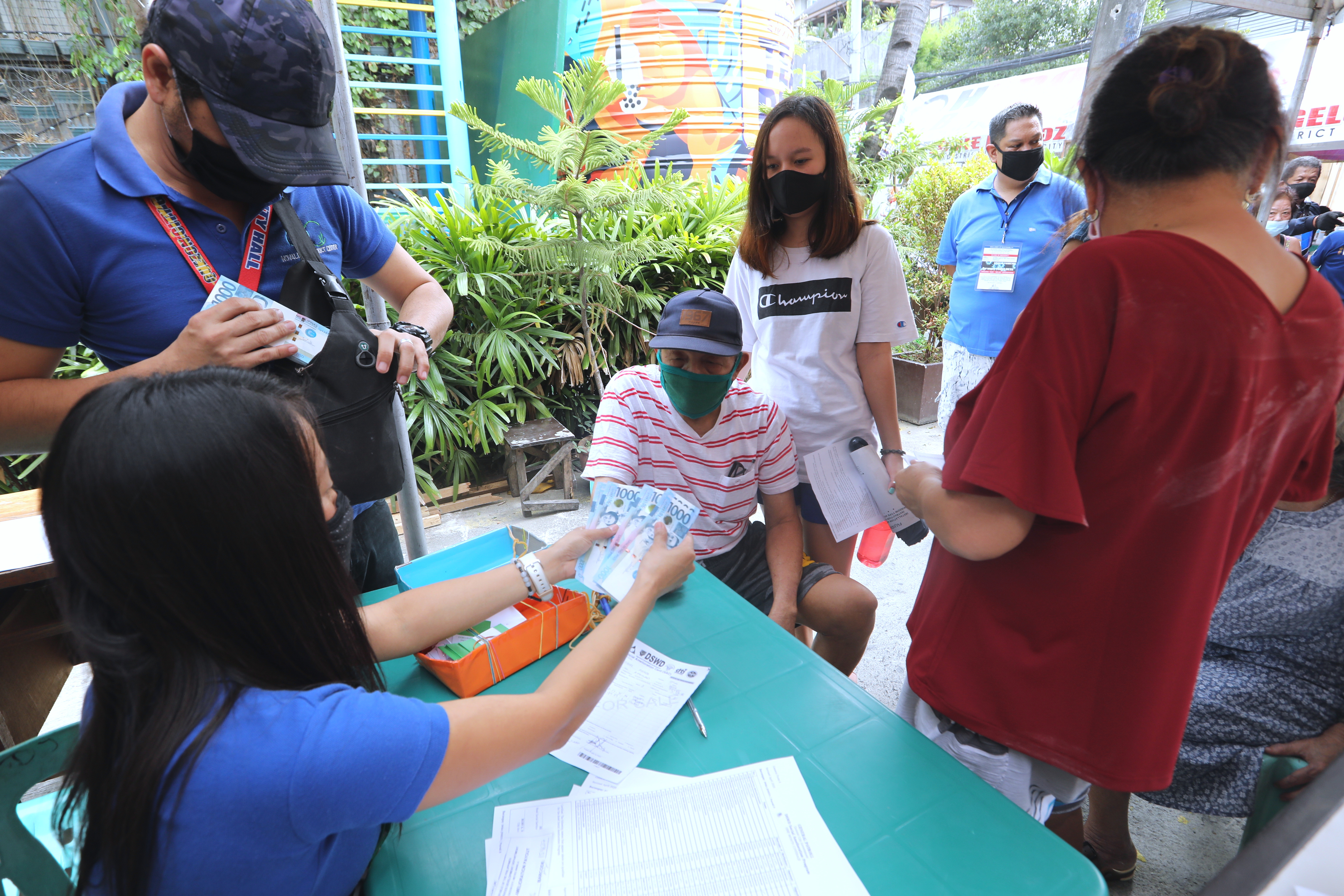
MANILA – Over 500,000 informal sector workers would be prioritized for the grant of aid under the Tulong Panghanapbuhay sa Ating Disadvantaged/Displaced Workers (TUPAD) program of the Department of Labor and Employment (DOLE) under the Bayanihan to Recover as One Act (Bayanihan 2).
In a virtual press briefing Monday, Ma. Karen Trayvilla, director of the DOLE’s Bureau of Workers with Special Concerns (BWSC), said more than half a million applicants from the informal sector have not been served in the previous allocation for the program under the Bayanihan to Heal as One (Bayanihan 1).
“We have more than 500,000 unserved applicants and under Bayanihan 2, the instruction, the mandate is to prioritize those who have not benefited under the Bayanihan 1,” she said.
Trayvilla said they have started validating the list of unserved applicants to determine how many of them are eligible to receive aid.
“We are trying to determine if they already receive cash assistance from other agencies otherwise we will include them,” the BWSC official added.
At the same time, Trayvilla said they are asking for an allocation of PHP6 billion for the TUPAD program which is aimed at assisting over 860,000 beneficiaries.
“We have proposed PHP6 billion which will benefit 863,667 beneficiaries. This is still subject to approval,” she added.
She said the TUPAD under Bayanihan 2 is an enhanced version since beneficiaries will be working 15-17 days as compared to the 10 days under Bayanihan 1.
“This time the range of work would be 15-17 days. The salary would be the same based on the minimum wage in the region where they are employed,” she said.
The worker will receive a maximum of more than PHP5,000 to as low as over PHP3,000.
Trayvilla added that they will be introducing e-wallet and cashless transactions for the beneficiaries to be able to keep up with the technology.
“We are talking to various suppliers on this and hopefully when the fund is there we will implement this. We have to help (them) to have an open mind in terms of using digital transactions,” she said.
TUPAD beneficiaries were given emergency employment which involved the disinfection and sanitation of the beneficiaries’ dwellings and immediate vicinity to prevent the spread of coronavirus.